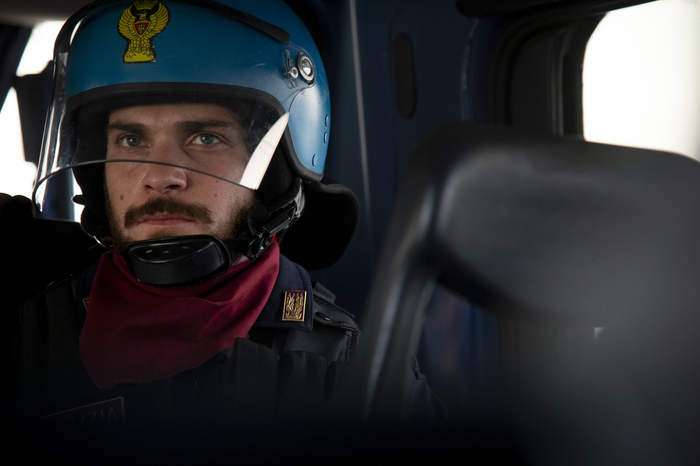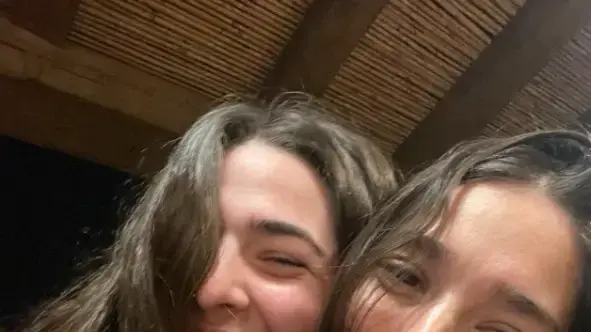After 13 years, the Dachau concentration camp memorial chaplain Ludwig Schmidinger (65) retires from professional life.
Yesterday he was retired with a service in the courtyard of the Carmel Monastery.
The pastoral consultant held an office that was unique in Germany.
A conversation about the lasting need to remember.
Mr Schmidinger, let's talk about memory. Do you still remember the first day of work in Dachau?
Schmidinger: What comes to mind as one of my first impressions: I am joining the ecumenical team at the memorial, my predecessor is there, I am welcomed in a friendly manner, and I feel great expectations.
Two colleagues are very curious and I think they have already arrived at the place very well - unlike me.
Remembering hurts, the theologian Edmund Arens once said. How painful was it for you yourself to work in such a place of horror?
I never felt pain directly, the term is too physical.
I spent a lot of time reading the biographies of prisoners, reading well into the night, and delving deep into the fate of families.
I met people who were the only ones to survive while their loved ones all perished, sometimes 40 people.
There were moments when I fell silent inside before the question: How was it all possible?
Should school classes be obliged to visit concentration camp memorials?
In principle, such a visit should be on the program, but nobody should be forced to do so.
If this is well prepared by the teachers, the young people can cope with it.
Dachau and other concentration camp memorials are important places of learning, historians speak of authentic places, even if Dachau doesn't have that much anymore.
But it is the real place where these crimes have been committed and where so many people have been stripped of their dignity.
Conversations with contemporary witnesses are an important tool in remembrance work. What to do when the experience generation has passed away?
We and the next generation can at least still be witnesses to the Witnesses and must do so too.
That changes our perception when we tell stories that were never our own.
But we can still say: I knew him and heard him myself.
There are documents, film interviews, a lot can be learned about and made accessible, although certainly not in the immediacy that we were allowed to do.
I don't think much of avatars in this context, the danger is simply too great that it will be dismissed as fake and manipulative.
The Church is particularly fond of remembering her heroes, called saints. What about the memory of dark spots on your own vest?
This is something that I have learned more clearly over the course of the 13 years in Dachau: that the church has to be more critical of its own history.
Basically, that shouldn't be a problem for them.
She says of herself to be holy and sinful at the same time.
That shouldn't remain lip service.
To see saints only as heroes is, by the way, a very limited view.
There are quite weird figures among them.
But the gilded halos with which they stand larger than life on the altars do not bear witness to this.
That's correct.
You need a new, realistic view and presentation.
At the Catholic Day in 1978, Johann Baptist Metz also raised the question of how one could still pray after Auschwitz. In Dachau there are chapels and a monastery, there is constant prayer.
The first prayer can also be a deep cry.
When I get off the side, I can say prayer is necessary for those who do not want to plunge into total despair.
There was, of course, that survivors later killed themselves because they simply couldn't stand it.
Prayer can be a way to give up this immensity of suffering and madness.
We talk about remembering. What do you say to those who are tired of it and who demand that the past be abandoned?
After many such conversations, I cannot get rid of the suspicion that this request comes mainly from people whose family histories are entangled and where there is no need to investigate.
But that's a short circuit.
Things that have not been resolved continue to ferment until they pop up.
So they should be faced.
kna















